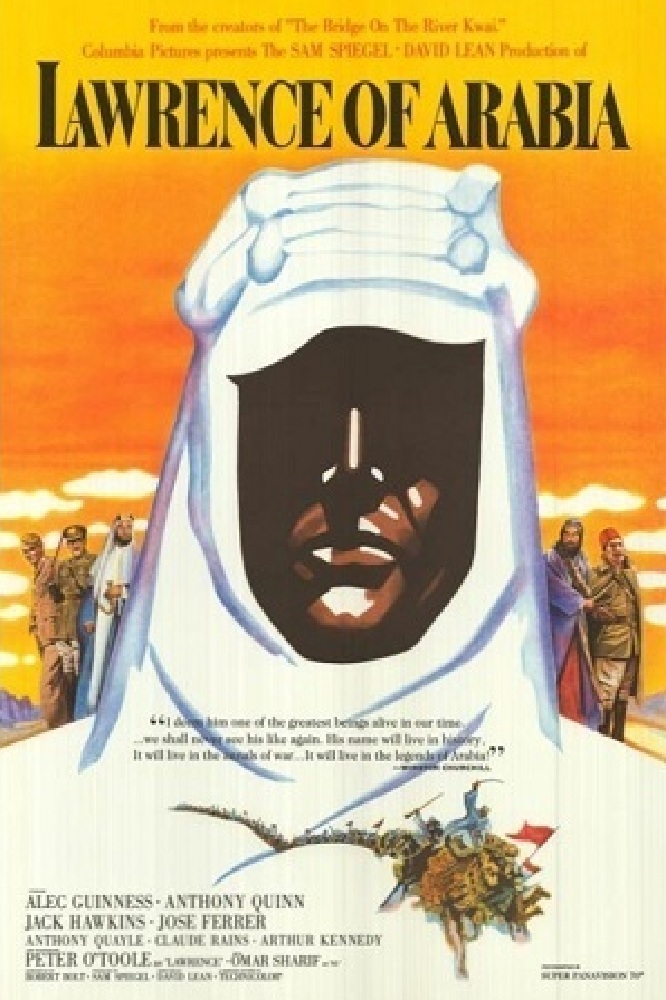
British film industry has always delivered exciting movies as well as some of cinema's biggest stars.
To celebrate the impact that British film has had over the years we are looking back over the decades at some of the best films.
The sixties was a big decade for British film as this country was at the forefront of the sweeping epic as well as introducing a new character and franchise to audiences.
- Lawrence of Arabia (1962)
The sweeping epic was a hugely popular genre throughout the fifties and sixties as cinema tried to win back audiences that it was losing to the rise of television.
Lawrence of Arabia was based on the life of T.E. Lawrence and his experiences in Arabia during World War I and was directed by David Lean.
This is one of the grandest epics to ever hit the big screen and it made actor Peter O'Toole a star.
This was a brave and bold project and a real filmmaking feat that has truly stood the test of time - it is just as breathtaking today as it was when it when released back in 1962.
Lawrence of Arabia was nominated for ten Oscars and won seven; including Best Picture and Best Director for Lean.
- Dr No (1962)
1962 was a very good year for British film as James Bond hit the big screen for the very first time.
The movie was based on the same novel by Ian Fleming and saw Sean Connery take on the role of 007 for the very first time.
Dr No was a tongue in cheek action movie that really established the formula of the Bond film - and it was the film that all other Bond movies would be measured against.
Connery was suave and sophisticated as the super spy and he really embodied ever aspect of this character.
The Bond series has gone on to become the biggest franchise in film history and fifty years on it is still going strong.
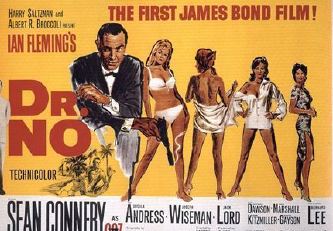
- Zulu (1964)
Another epic British film of the sixties came in the form of Zulu - which kicked off what was to be a very successful decade for actor Michael Caine.
The movie depicted the Battle of Rorke's Drift between the British Army and the Zulus in 1879 and Cy Endfield.
Zulu was the first starring role for Caine and he was joined on the cast list by Stanley Baker, Jack Hawkins and James Booth.
Zulu is another grand film of the decade and the battle scenes really are on a sweeping scale.
After the success of Zulu a prequel Zulu Dawn was made - which was directed by Douglas Hickox.
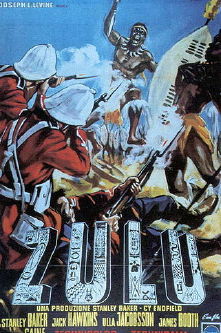
- Dr Zhivago (1965)
David Lean return to the epic drama in 1965 when he helmed another British classic in the form of Dr Zhivago.
Starring Omar Sharif and Julie Christie the film was loosely based on the novel of the same name by Boris Pasternak.
This was the second time that Lean had worked with actor Sharif after the pair had filmed Lawrence of Arabia.
Doctor Zhivago covers the years prior to, during, and after the Russian Revolution, as seen through the eyes of poet/physician Yuri Zhivago.
Dr Zhivago is a beautifully crafted movie from Lean that is both powerful and romantic - it really was the director's last great film. This really is a film of great beauty and it has remained popular for many years.
The film was nominated for ten Oscars, including Best Picture, and won five.
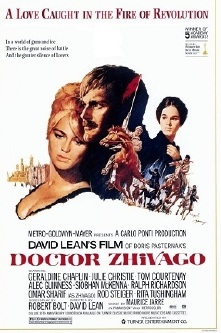
- The Ipcress File (1965)
Michael Caine was an actor who really shot to fame in the sixties and The Ipcress Film was one of the movies that helped him do that.
Directed by Sidney J. Furie the movie was based on the novel by Len Deighton and saw Caine play Harry Palmer for the very first time.
In London, a counter espionage agent deals with his own bureaucracy while investigating the kidnapping and brainwashing of British scientists.
The Ipcress File saw Caine give a terrific central performance and has remained one of his greatest characters.
This was a movie that mixed tension with good humour in what is quite an anti-007 film.
Caine would appear as Palmer in Funeral to Berlin in 1966 and Billion Dollar Brain in 1967 before reprising the character on two more occasions in the mid nineties.
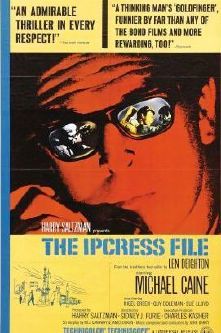
- 2001: A Space Odyssey (1968)
2001: A Space Odyssey was a British/America science fiction movie that saw Stanley Kubrick return to the director's chair.
He had already helmed movies such as Spartacus and Dr. Strangelove but this movie brought novel The Sentinel by Arthur C. Clarke to the big screen.
2001: A Space Odyssey was a piece of landmark cinema because the director showed what could be achieved in movies.
The special effects were groundbreaking for the time as he changed the way that we watched movie forever.
This is perhaps the greatest sci-fi movie in the genre as Kubrick explored humanity from relationships to technology and society and behaviour.
He also pushed narrative and story telling to the limit as it really is a very ambiguous plot - he showed that you didn't have to always explain every element of a story.
The movie received mixed reviews when it was released but it went on to gain a cult following over the years. It is now one of Kubrick's much loved and respected movies.
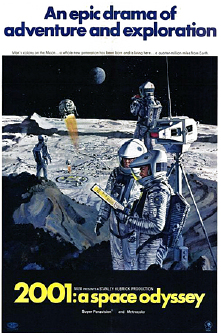
- The Italian Job (1969)
We round off out look at classic British films of the sixties with one of the most iconic... The Italian Job.
This is another Michael Caine film as the actor teamed up with director Peter Collinson.
This caper movie mixed some great action scenes - the chase in the mini being the highlight - with some great comedic moments; making this movie a lot of fun from start to finish.
"You were only supposed to blow the bloody doors off!" is one of the most famous lines in movie history - a line for which Caine will forever be remembered.
The final car chase is one of the most famous ever committed to film and the end scenes have been parodied many times over the years.
The team trying to reach their gold whilst the bus hangs over the edge of a cliff is one of the most famous images of the sixties.
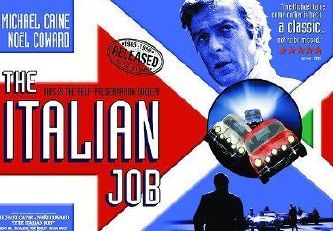
Other great British movies of this decade include Alfie, Whistle Down The Wind, Kes and Tom Jones.

